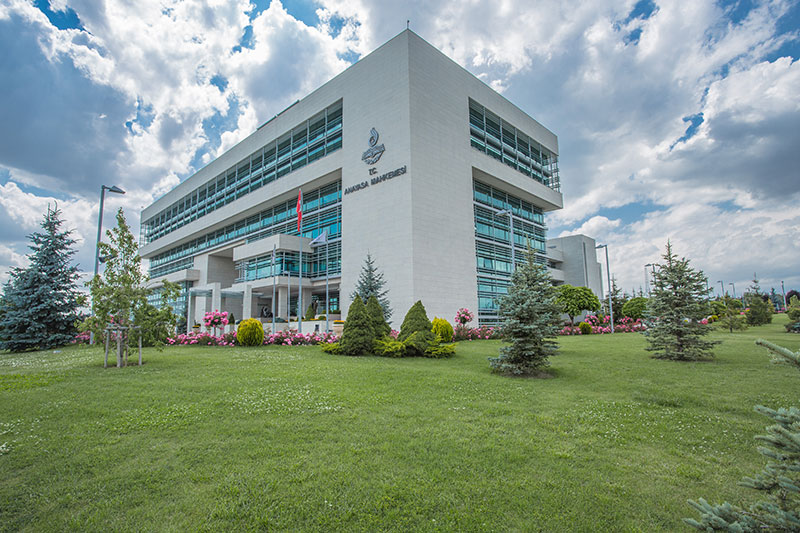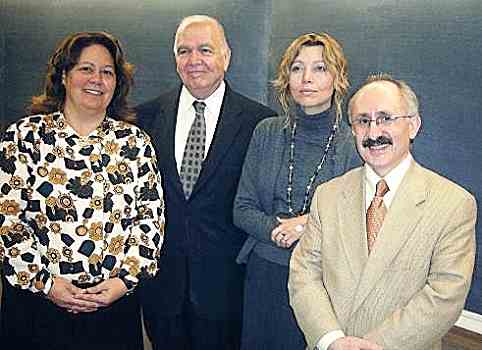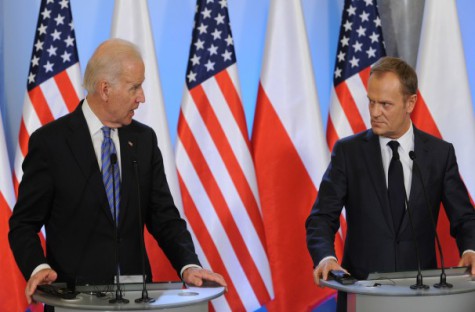On 5 July, the Second Pan-Armenian Forum of Lawyers gathered in Yerevan where lawyers from Armenia, Nagorno-Karabakh and the Diaspora participated.
In his opening speech, President Sargsyan indicated that the Forum is holding legal problems of the Armenian Genocide in the center of their attention, that the lawyers provide theoretical and practical contribution to the international recognition of the genocide, that the efforts to bring the attention of different countries to the 100th anniversary of the Armenian Genocide are commendable, and such efforts will contribute to the prevention of the crime of genocide in other places throughout the world. He also said, “International recognition of the Armenian Genocide, its condemnation and elimination of the consequences will always be an imperative. As long as there exist Armenian state, all efforts to deny and send to oblivion this historical reality will be doomed to failure. The greatest crime against humanity must be recognized and condemned once and for all and first of all by Turkey itself.”1
Although the recognition of Armenian genocide allegations by other countries and major international institutions is an issue all Armenian Presidents and authorities dwell on, there has not been an open demand as to the recognition of the incident as genocide by Turkey and the condemnation of it. After the Protocols failed, President Sargsyan doubled his criticisms towards Turkey and for the last two years in parallel to the establishment of “The State Committee on Coordination of the events dedicated to the 100th anniversary of the Armenian Genocide” begun to voice demands of recognition and condemnation of the genocide claims by Turkey. Moreover, moving beyond the recognition and condemnation, he insisted on the “elimination of the consequences of the genocide.” What he meant with this expression is payment of compensation to the grandchildren of Armenians who underwent deportation, returning the seized Armenian properties, including those of churches and rendering territories from Turkey to Armenia. However, it was observed that no official, including Sargsyan, mentioned giving off land.
This “absence”, so to speak, was quenched by a speech delivered by Armenian Attorney General Agvan Hovsepian at the Forum of Lawyers on the same day. He expressed that “the heirs of victims of the Armenia genocide should receive compensation, Armenian Church must be returned its churches, (and) Republic of Armenia must receive its lost territories”.2
Hovsepian argued that Turkish-Armenian border is not legally resolved, and repeating the allegations supported by some in the Diaspora circles said that the Treaty of Sevres was not denounced by the Treaty of Lausanne, that with this treaty, the duty of determining the borders given to the US President was fulfilled, while President Wilson’s arbitration may still be valid, since Treaty of Lausanne doesn’t involve any provisions regarding the Armenian-Turkish border, and that Treaty of Moscow signed between the Soviet Union and Turkey in 1921 determining the Turkish-Armenian border and the Treaty of Kars signed among Turkey, Armenia, Georgia and Azerbaijan might be appealed. The Attorney General grounds his objection on some legally inconsistent ideas that these mentioned treaties cannot be treated as international treaties, because the signatories were not internationally recognized states at the moment of signing the treaty, and that Armenia was not allowed to participate in the Russian-Turkish negotiations and did not sign the treaty.
In addition, the Attorney General stated that Azerbaijan’s “claims” that besides Karabakh, Yerevan itself was Azerbaijani territory should be rejected and that they have to defend Nakhchivan is an inseparable part of Armenia.
Hovsepian stated that in order to solve these issues, it is necessary to work out a comprehensive claims package with solid legal grounds, the results of which would be introduced before the authorities of Armenia to be submitted to the International Court of Justice.
Therefore the Armenian Attorney General became the first official Armenian figure to openly demand territories from Turkey. Although it may be thought that Hovsepian made those remarks on behalf of himself, it is difficult to imagine he made a speech on such an important issue without President Sargsyan’s consent.
In this phase, the only matter is the determination of legal bases of the aforementioned claims by Armenia. This will take time. However, as President Sargsyan expressed previously that the process of recognition of the genocide claims by Turkey would continue after 2015, there is no hasty situation for Armenia; they might even think that the discussion of the matter at length in the following years would be better for future propaganda, and an idea to satisfy Armenians could emerge and some concessions could become possible.
As for whether the Armenian demands will receive support from other countries, it can be said that today demands for territories are not welcome as they are against the United Nations Principles and they can lead to consequences that sometimes can even turn into a war. Other demands are closely affiliated to Turkey’s international position. The image of a strong Turkey would prevent the consideration of such demands. Otherwise, they can have positive repercussions to an extent. In the meantime, as Armenia will sign a partnership agreement with the European Union in November, to which the European Union attaches more importance than necessary for some strategic considerations, it can be expected that starting in 2014, Armenian demands could be pronounced more strongly within the EU member countries and the Union’s organs.
Consequently, it is observed that Turkey-Armenia relations, which regressed after the failure of the Protocols, are heading towards a very negative point particularly after the territory demands were suggested.
© 2009-2025 Center for Eurasian Studies (AVİM) All Rights Reserved
REACTIONS TOWARD ERDOĞAN’S MESSAGE
 THE ARMENIAN CATHOLICOSATE OF CILICIA’S APPLICATION TO THE CONSTITUTIONAL COURT OF TURKEY
THE ARMENIAN CATHOLICOSATE OF CILICIA’S APPLICATION TO THE CONSTITUTIONAL COURT OF TURKEY
 FURTHER QUESTIONS ON THE INTEGRITY OF WATS ORGANIZERS
FURTHER QUESTIONS ON THE INTEGRITY OF WATS ORGANIZERS
THE IMAGE OF ISLAM IN THE WEST AND THE CONFERENCE IN ISTANBUL: “RETHINKING VIOLENT EXTREMISM IN THE MENA REGION”
 IN POLAND, BIDEN PROMISES ALLIES PROTECTION
IN POLAND, BIDEN PROMISES ALLIES PROTECTION




























